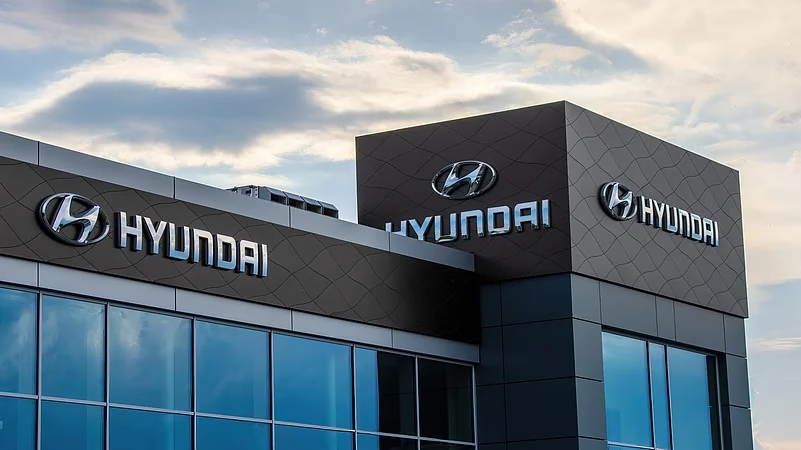Hyundai price hike is making headlines as the automaker considers a 1% increase on its U.S. vehicle lineup to offset the financial impact of new tariffs imposed by the Trump administration. This potential adjustment underscores the broader challenges facing the automotive industry amid shifting trade policies and rising supply chain costs.
Hyundai’s Strategic Response to Tariffs
According to Bloomberg News, Hyundai Motor is contemplating a 1% price increase on its entire U.S. vehicle lineup. This move aims to mitigate the financial strain caused by recent tariffs. The proposed price hike could be implemented as early as next week and would apply to the manufacturer’s suggested retail price for newly built vehicles, leaving existing dealership inventory unaffected. In addition to the base price increase, Hyundai may also raise shipping charges and fees for optional features like floor mats and roof rails to avoid further increases in base prices. The automaker has already taken steps to reduce the effects of tariffs, such as relocating some production of Tucson crossovers from Mexico to the U.S. and forming a dedicated task force.
Industry-Wide Implications
The automotive industry has been facing rising supply chain costs due to the tariffs, compounded by consumer spending restraint amid recession fears. Hyundai’s potential price adjustments reflect a broader trend among automakers grappling with increased production expenses and market volatility. As companies navigate these challenges, consumers may experience higher vehicle prices and limited availability of certain models.
Consumer Impact and Market Outlook
For consumers, the Hyundai price hike could mean paying more for new vehicles, particularly those built after the implementation of the proposed increase. While existing dealership inventory would remain unaffected, future models may carry higher price tags. As the industry adjusts to the evolving trade landscape, buyers may need to act swiftly to secure vehicles at current prices. The long-term market outlook remains uncertain, with potential for further adjustments depending on ongoing trade negotiations and economic conditions.
Stay informed on this developing story and other automotive industry news at HorizonFeeds.com.




